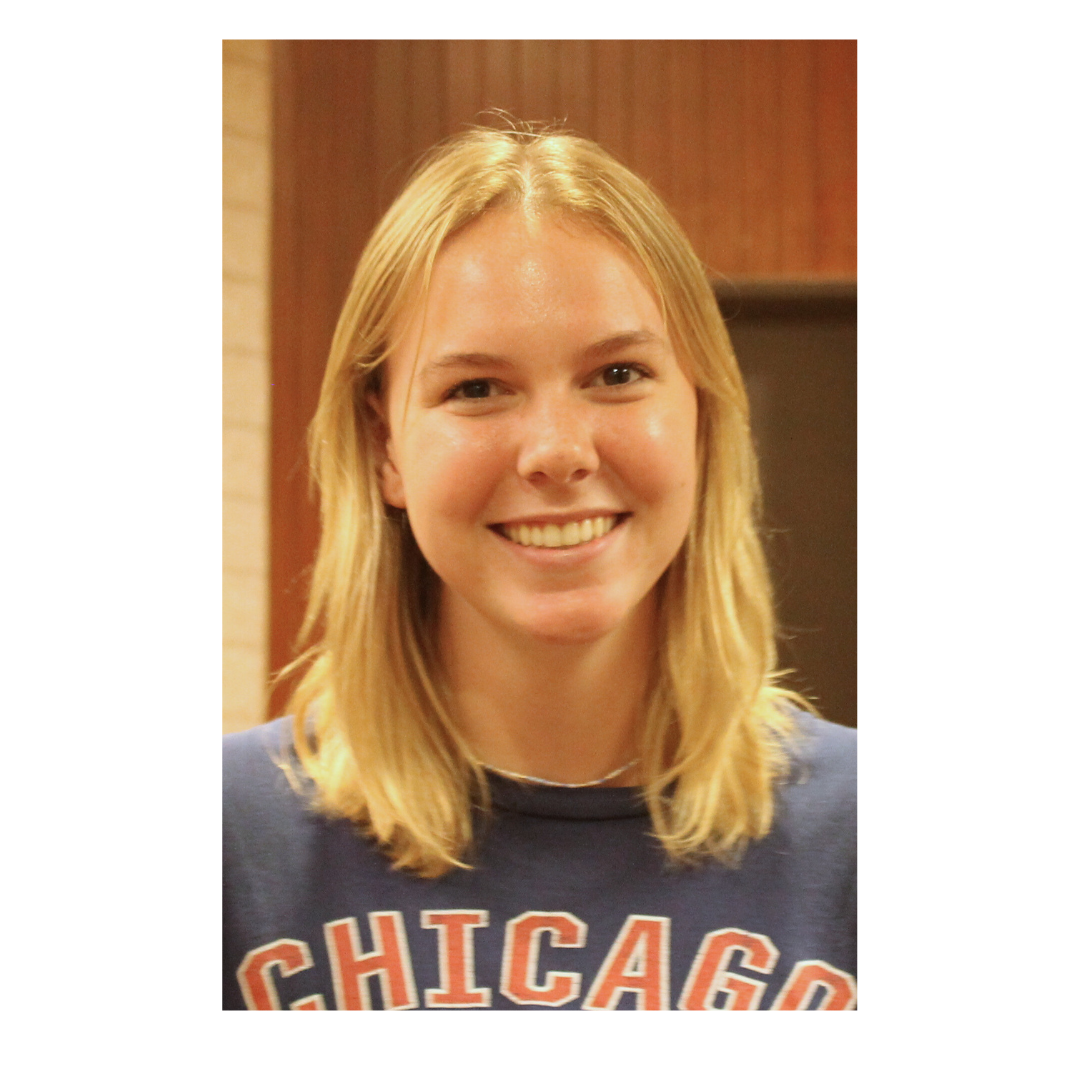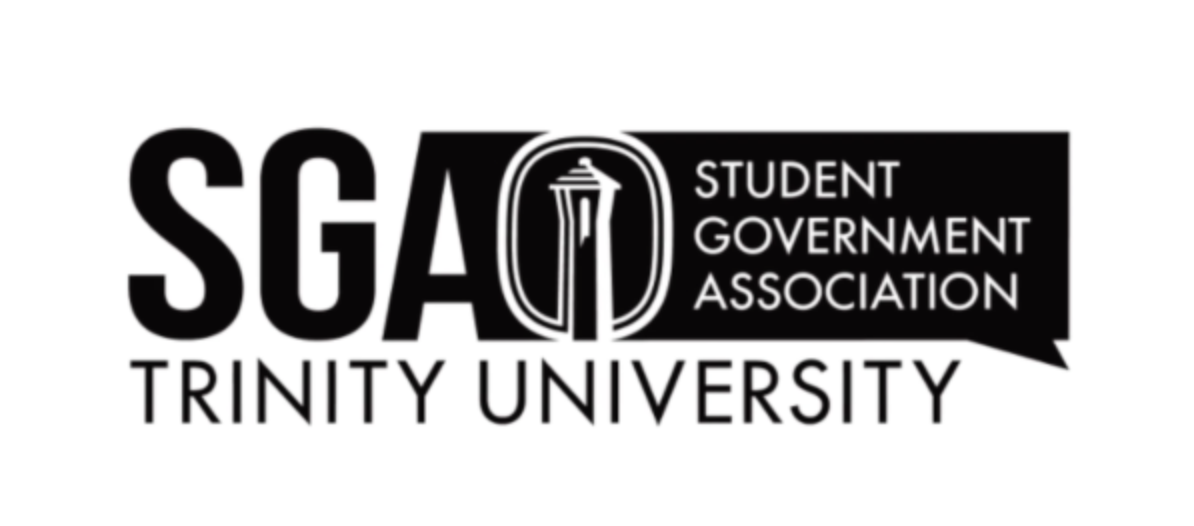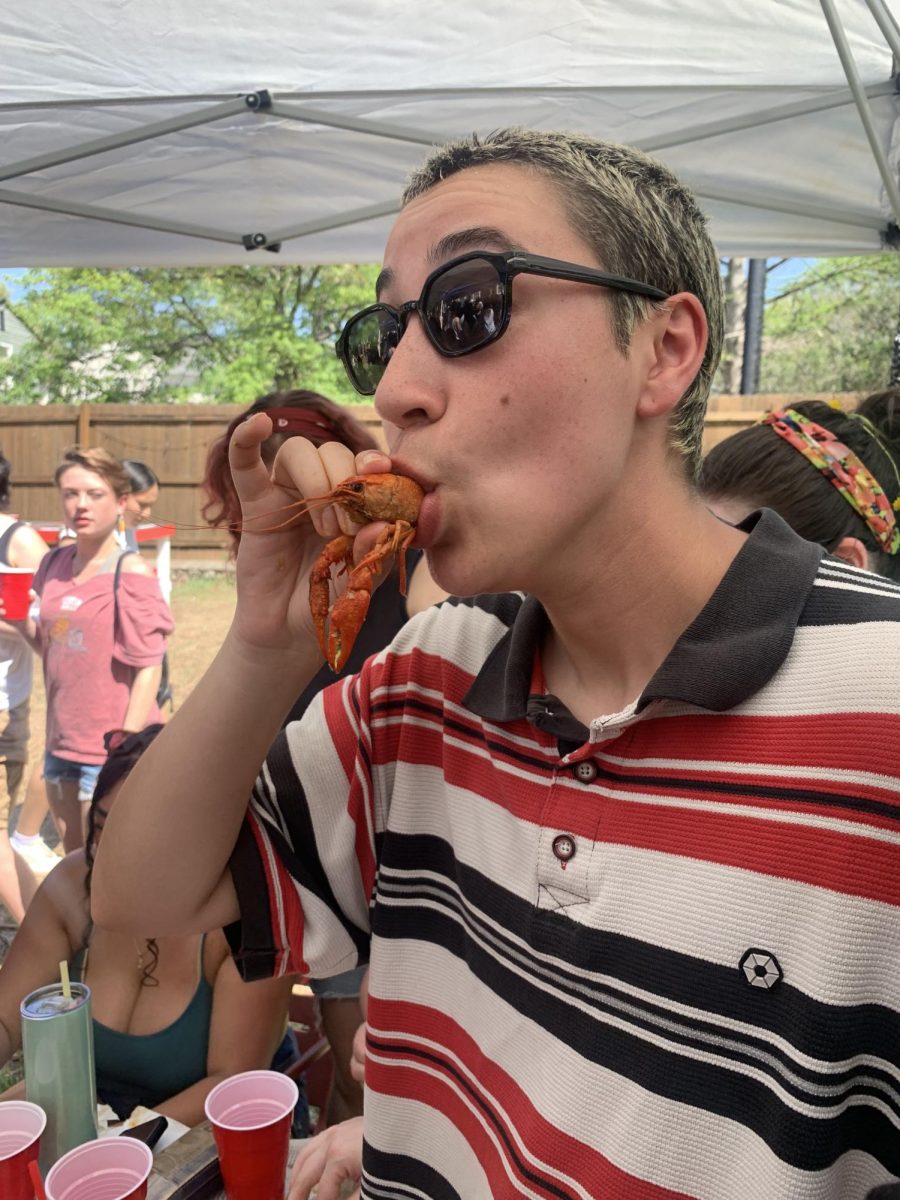The Honor Council wants to focus more on education and less on punishment of students, according to Mason Stark, internal chair of the Honor Council.
“We’re trying to expand educational opportunities and have more of a presence on campus. A lot of times students will commit Honor Code violations because they just don’t understand what they did wrong, and we want to fix that. We don’t want students to come before the Honor Council because it’s not a fun process for anyone,” Stark said.
Last fall, the Honor Council created a new position: the officer for relations with international students. Miraziz Khidoyatov, senior political science major, is the first student to fill the role and act as a liaison to international students.
Khidoyatov informs international students on the severity of Academic Honor Code violations.
“The conditions are more severe for international students. It is the responsibility of the Honor Code to give them the necessary advice that they need,” Khidoyatov said.
After a student commits a second violation of the Honor Code, suspension is considered by the Honor Council.
“The sanctions become more severe as you’re found responsible for more violations. There is a chance that if you commit a second violation, then you’ll be suspended. If it’s the student’s second violation, and if it’s two major violations, then we will recommend suspension to the president. The president has the ultimate decision on suspension and expulsion,” Stark said.
In the case of international students, two violations and the recommendation of suspension can lead to the revocation of the student’s F1 visa.
“When international students violate the honor code the second time, they are practically expelled. For the second time for American students, they are suspended. But for international students, their F1 visa is revoked. After that you have to apply to the school again. You are practically expelled,” Khidoyatov said.
The Honor Council reviews 40-50 cases per year, and suspension is rare, according to Stark.
“Suspension only happens once per year or less,” Stark said. “Not surprisingly, we have the most cases before midterms and during finals.”
Khidoyatov emailed international students and shared that he is willing to hold sessions regarding the rules of Honor Code.
“I emailed them all and said if you want to we can hold sessions if you have any questions. No one responded to my email yet. But I explained to them the repercussions of a violation,” Khidoyatov said. “I think it’s just in human nature that people seek out help after damage has been done.”
The hearing process for violations of the Honor Code is meant to educate students and stop future violations from occurring.
“We want the Honor Council not to be about punishment, we want it to be about education. Unfortunately the hearing process is a part of the educational aspect of the Honor Council,” Stark said.
As first years, students sign the Academic Honor Code at New Student Orientation. For many students, this is the first interaction they have with the Honor Council.
“We’re thinking about making more opportunities for presentations. We of course do presentations at NSO but by the time you’re a sophomore or junior, you forget. They wouldn’t be mandatory, but we’d like to offer optional sessions to refresh people’s minds,” Stark said.
The Honor Council is considering holding office hours to address student concerns.
“We want Honor Council members to hold office hours in Java City and around the library throughout the week. We want there to be a resource for students to have to reach out to. They’ll have an opportunity to stop by and ask: “Am I doing this correctly?” or “Will I get in trouble if I submit this the way it is?” It’ll be like the Writing Center but dealing with academic integrity,” Stark said.
In the future, the Honor Council hopes to change the sanctioning process.
“If you’re brought to the Honor Council multiple times before the hearing is complete we want to stop the process of suspension,” Stark said. “For example, if you’re brought in for two violations during one week and before you’ve even gone to the hearing for the first violation. We don’t want them to receive extra punishment for the second violation, because they haven’t learned from the first violation.”
The Honor Council is run by students with the assistance of two advisors. Students who join the Honor Council are often interested in preserving academic integrity or justice.
Emme Bettes, honor council member, was motivated to join in an effort to maintain academic integrity.
“Knowledge is what is to gain in college. You shouldn’t just try to get the grade, but instead get the experience. That’s what the Honor Council preserves “” the knowledge from the course. By cheating off of someone, you’re not going to get that knowledge,” Bettes said.
The Honor Council is open to suggestions from the community on how to further their educational mission.
“I like to believe that everyone in the Honor Council is gathered there to promote justice and academic integrity in the community,” said. “We are making reforms that will be announced in the future.” Khidoyatov said.







